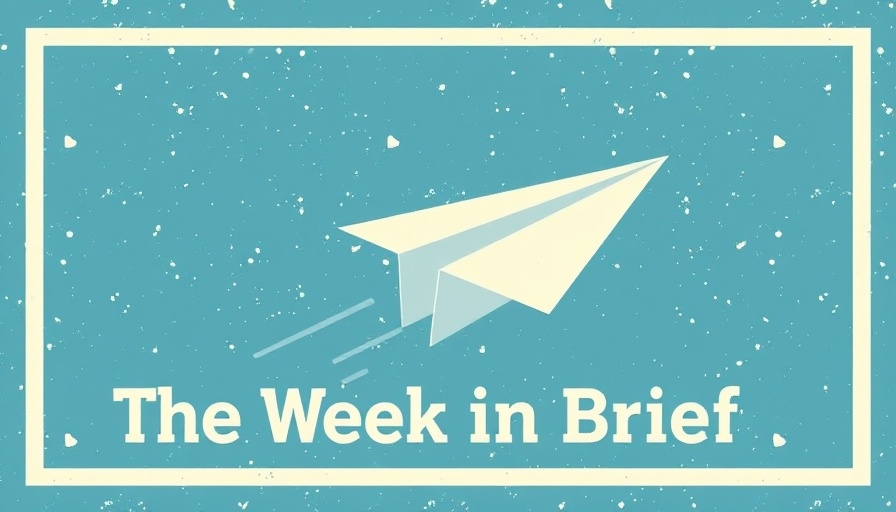
Trump’s HIV Initiative: A Broken Promise?
In 2017, President Donald Trump initiated a bold plan to end the HIV epidemic in America, leveraging federal resources for a noble cause. However, as his administration continues to cut funding drastically, the progress made in HIV prevention and care in vulnerable communities is shrinking. The recent budget cuts, particularly a loss of over $11 billion from health departments, are causing distress among healthcare providers serving at-risk populations.
The Impact of Funding Cuts on Southern States
The Southern United States has been disproportionately affected by HIV, with half of new cases recorded in 2022. Community health groups reliant on federal funds are now faced with difficult decisions regarding HIV testing and outreach efforts. For instance, a small clinic in Hattiesburg, Mississippi, has had to halt HIV testing due to budgetary constraints stemming from delayed grants from the Centers for Disease Control and Prevention (CDC). Director June Gipson of My Brother's Keeper has voiced concerns that without federal backing, crucial support for testing and treatment will dwindle, exposing more individuals to health risks.
Community Group Responses to Federal Inaction
Grassroots organizations across Mississippi, Alabama, Louisiana, and Tennessee report similar stories, as many have either reduced their services or faced operational challenges due to uncertainties in funding. The situation is dire, with community leaders recalling that HIV testing efforts are not merely administrative tasks, but a lifeline for marginalized groups needing consistent healthcare access. As Trump's administration proposes further cuts—such as the potential axing of “Ending the HIV Epidemic”—activists are left worrying about a reversal of critical advancements made in recent years.
A Call to Action for Health Advocates
As the country stands on the precipice of what could be a major setback in the fight against HIV, it is critical for tech-savvy health enthusiasts to rally support for funding of HIV programs. Advocates are encouraged to voice opposition to budget cuts and push for alternatives that prioritize public health over political agendas. Engaging in community discussions and supporting local health initiatives can foster an empowered approach to overcoming these challenges, ensuring that vital services remain accessible to those in need.
 Add Row
Add Row  Add
Add 




 Add Row
Add Row  Add
Add 



Write A Comment